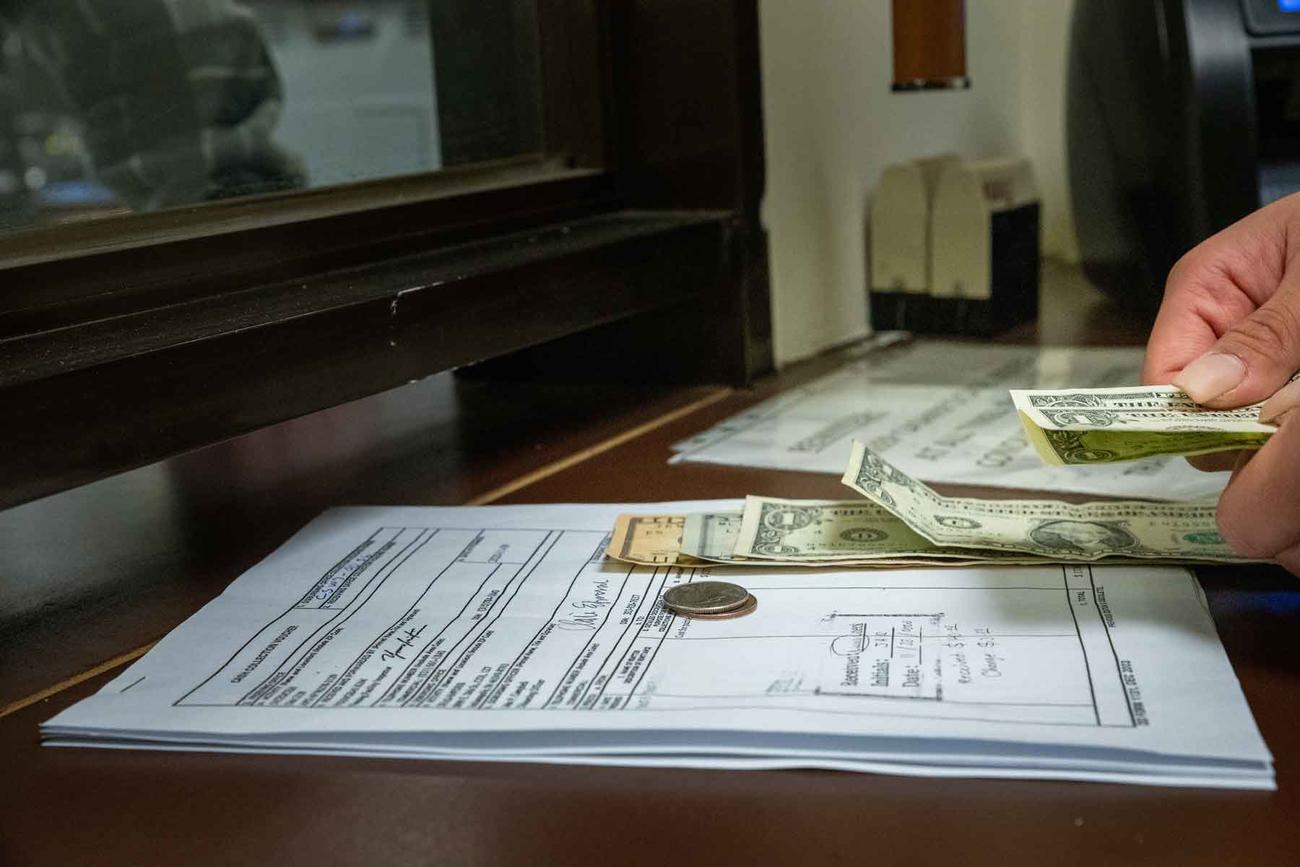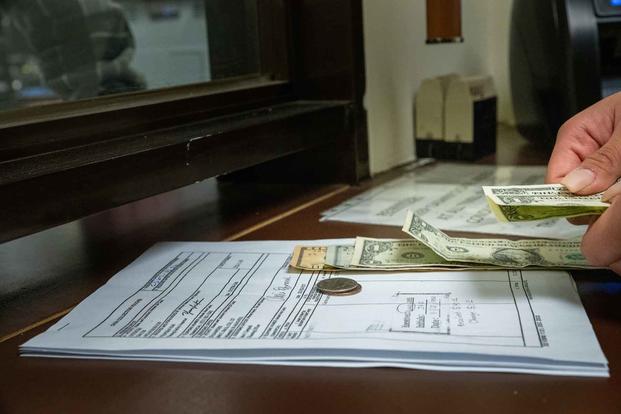

A Pentagon spending bill that includes $2.5 billion to pay for a major hike in junior enlisted troops’ salaries has passed the House, but the White House is contending that amount falls short of what would actually be needed to cover the raises.
The House approved its version of the fiscal 2025 Defense Department appropriations bill on Friday in a 217-198 largely party-line vote.
The bill will almost certainly be overhauled before it becomes law since it includes a number of conservative policy riders opposed by the Democratic-controlled Senate and White House that would roll back Pentagon policies on abortion, LGBTQ+ troops and diversity.
Read Next: Army Makes It Harder for Commanders to Deny Soldiers Leave for Abortions
As written now, the bill includes funding intended to pay for a proposal in Congress’ separate annual defense policy bill that would significantly boost junior enlisted troop pay next year.
“There’s no greater responsibility than supporting our service members and their families, which is why the bill includes a 4.5% pay raise for all military personnel, plus $2.5 billion toward an additional 15% pay raise for junior enlisted service members,” Rep. Ken Calvert, R-Calif., chairman of the House Appropriations Committee’s defense subpanel, said in a statement Friday.
Under the House’s version of the National Defense Authorization Act, or NDAA, which the chamber approved earlier this month, E-1s through E-4s would get a 15% raise on top of the 4.5% increase all service members are on track to get, for a total 19.5% pay raise for junior troops.
When the House debated its NDAA earlier this month, the White House came out in “strong” opposition to the plan for a junior enlisted pay hike, arguing the proposal is too costly and premature amid the Biden administration’s ongoing review of military compensation.
A White House statement released this week about the Pentagon appropriations bill did not explicitly repeat the words “strongly opposes” about the junior enlisted raises, but it reiterated the administration’s concerns with the plan.
Among the issues the White House highlighted in its statement this week is that, while the appropriations bill includes $2.5 billion to pay for the raises, the administration projects that the raises would cost about $3.3 billion next year — an $800 million shortfall that the Pentagon would have to pay for by dipping into funding intended for other purposes.
“The administration appreciates and shares the [House Appropriations Committee’s] concern for the needs of the most junior enlisted members,” the statement said. But “the administration is concerned with the trade-offs that would be required to [cover the raises] within other parts of DoD.”
The Congressional Budget Office has estimated that the House’s proposed junior enlisted raise would cost $24.4 billion from 2025 though 2029, but it did not break down how much it could cost just for next year.
In Friday’s vote on the appropriations bill, five Democrats — Reps. Don Davis of North Carolina; Jared Golden of Maine; Vicente Gonzalez of Texas; Mary Peltola of Alaska; and Marie Gluesenkamp Perez of Washington — crossed party lines to support the legislation. Meanwhile, Rep. Matt Rosendale, R-Mont., who has been unsuccessfully trying to ban the Pentagon from covering in vitro fertilization for service members struggling with infertility, was the lone Republican to vote against the bill.
With the White House opposition and the Senate taking a less dramatic approach to junior enlisted raises, the outlook for junior enlisted personnel getting a 19.5% raise next year is murky.
The Senate has not yet released its fiscal 2025 Pentagon appropriations bill, but the version of the NDAA advanced earlier this month by the Senate Armed Services Committee would give E-1s through E-3s just a 5.5% raise.
After the House approved its NDAA earlier this month, Rep. Don Bacon, R-Neb., who chaired a bipartisan panel that studied military quality-of-life issues that recommended giving low-ranking troops a massive raise, said he expects the junior enlisted raise that becomes law will be a compromise between the House and Senate proposals.
“What the Senate’s doing is not adequate to help get our junior enlisted out of the poverty level,” Bacon told reporters on a press call earlier this month. “If you don’t take care of your people first, our military is going to fail. And we can’t let that happen.”
Related: Money for 19.5% Pay Hike for Junior Enlisted Troops Included in House’s Defense Spending Bill
